|
|
|
Editor's note
|
|
The photographers of The Village Voice captured some of the most striking images of New York City’s volatile protest movements, from the anger and despair of HIV/AIDS activists to the simmering anti-police demonstrations in the outer boroughs. Rochester Institute of Technology historian Tamar Carroll and photojournalist Joshua Meltzer write about the important role the alternative weekly played in covering the city’s marginalized communities. Their article also includes the voices of the photographers, who recall where they were and what they felt as they snapped their iconic photographs.
Beginning Sunday, dozens of rallies and events in at least 40 states will show support for 21 teens and young adults who are suing to force the federal government to do more about climate change. The 21 had expected the trial to get started on Monday in Oregon following a three-year legal fight. But the Supreme Court has put their suit in limbo, delaying their day in court. As law professors Mary Wood and Michael C. Blumm explain, the case
treats “a stable climate system capable of sustaining human lives and liberties” as a civil right.
Many stories about rural America, particularly during election cycles, portray rural communities as political monoliths made up of nothing more than angry ranchers or camouflage-clad militia members hoping to overthrow the government. But as University of Oregon historian Steven C. Beda writes, there are far more Westerners who are committed to solving the region’s problems collaboratively in order to protect what they value.
|
Nick Lehr
Arts + Culture Editor
|

|
|
Top Stories
|
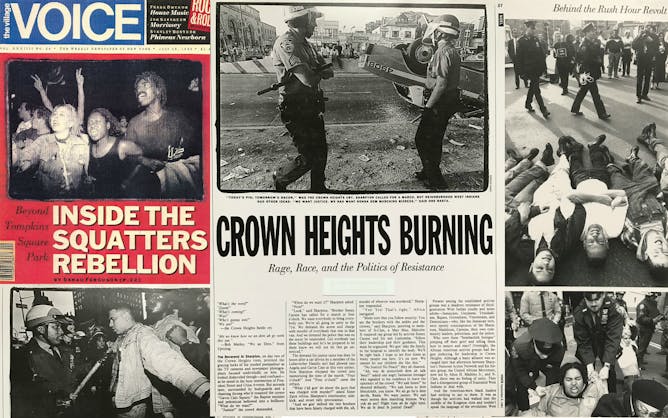
When The Village Voice shut down in August, the city’s protest movements lost one of their biggest champions.
Nick Lehr/The Conversation
Tamar Carroll, Rochester Institute of Technology; Joshua Meltzer, Rochester Institute of Technology
For decades, the alternative weekly's photographers served as the eyes of the streets, working with activists to document and publicize the anguish and rage of everyday New Yorkers.
|
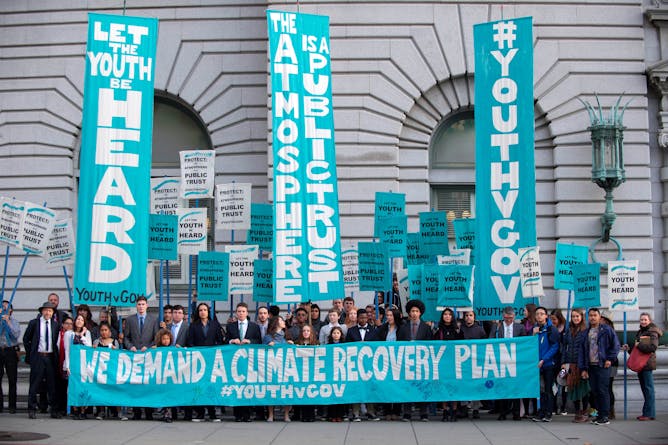
Young people will spend more years living with the consequences of climate policies than their elders.
Robin Loznak, courtesy of Our Children's Trust
Mary Wood, University of Oregon; Michael C. Blumm, Lewis & Clark
The Trump administration is trying to spike a lawsuit against the US government arguing that there's a constitutional right to a stable climate.
|
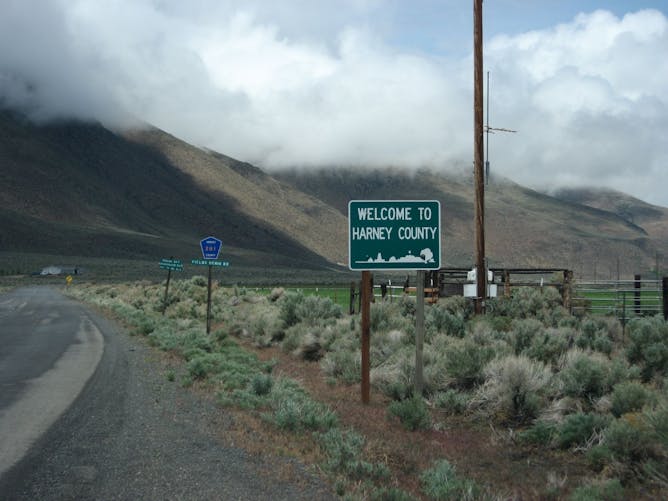
Harney County, Ore., sign.
Wikimedia/Ken Lund
Steven C. Beda, University of Oregon
Rural Westerners have been stereotyped as angry ranchers who hate government. But for every gun-wielding militia member, there are many others who work collaboratively to protect what they value.
|
Education
|

OiYan Poon, Colorado State University
A researcher set out to interview Asian-Americans on the front lines of the debate about race-conscious affirmative action in higher education. What she found is that the policy is poorly understood.
| |
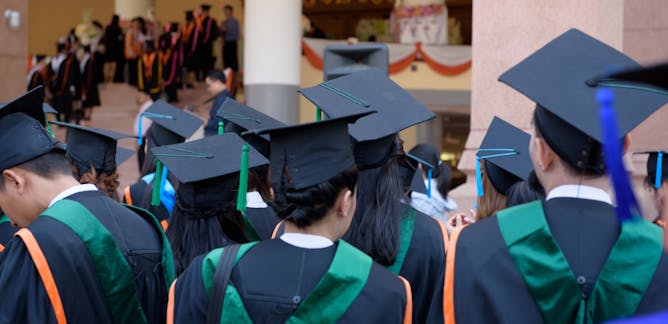
Anna Manzoni, North Carolina State University; Jessi Streib, Duke University
First-generation college students earn substantially less than their peers whose parents went to college, new research shows.
|
|
|
Politics + Society
|
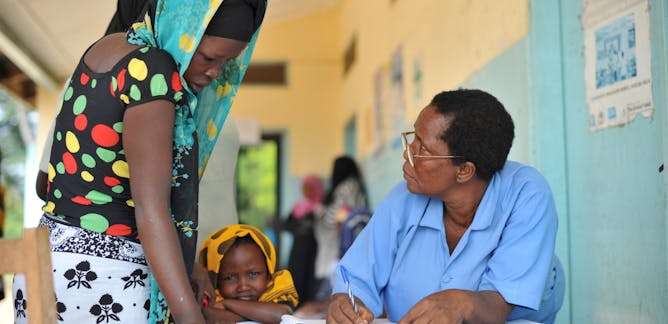
Kristen Carey, Boston University
Tanzania was an early, ardent believer in family planning. Now it joins a growing number of developing nations that see potential advantage in having a huge and growing workforce.
| |
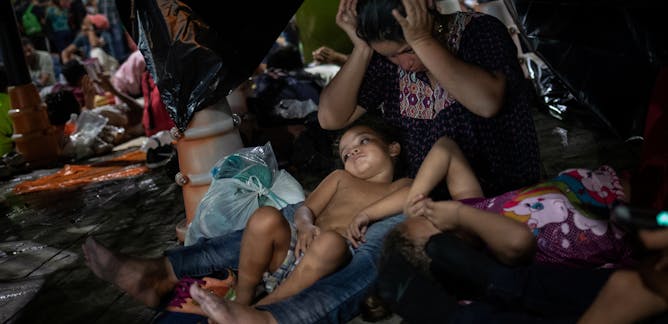
Abigail Stepnitz, University of California, Berkeley
A scholar who has worked with asylum-seekers for a decade explains why the legal path to safety is challenging for the migrants currently traveling through Mexico.
|
|
|
Health + Medicine
|
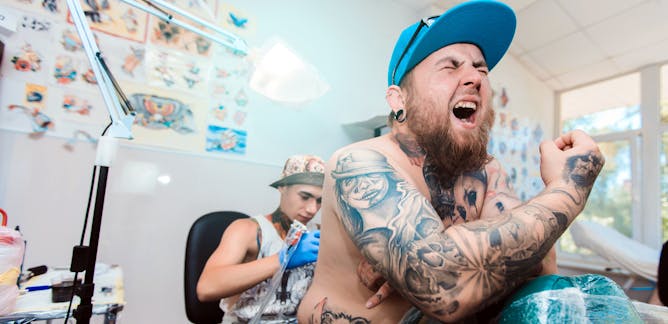
Erin Young, University of Connecticut
Researchers are exploring the genetic differences that dictate why some people suffer greater pain than others, and how to translate these findings into personalized pain treatments.
| |
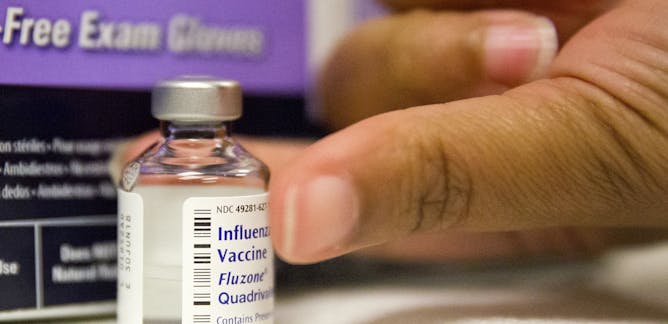
Dr. Patricia Schnabel Ruppert, Columbia University Medical Center
The flu shot is most effective if you receive it by the end of October. With 80,000 deaths from flu during last year's flu season, a doctor explains why you should act now.
|
|
|
Economics + Business
|
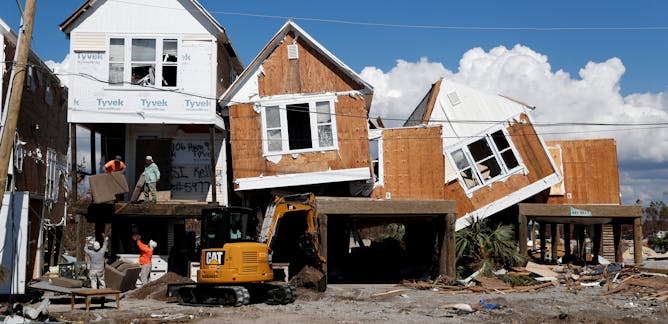
Andrew J. Hoffman, University of Michigan
Convincing people to see and appreciate the threats posed by climate change is one of the great challenges of our day. Insurers may be able to succeed where scientists and educators have failed.
| |

Anthony C. Infanti, University of Pittsburgh
Real tax reform is about more than cutting taxes to woo voters. It's about making the system fairer.
|
|
|
Environment + Energy
|
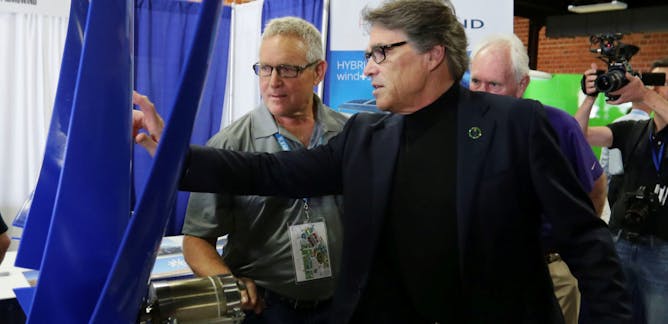
Sarah Mills, University of Michigan
There are some good explanations for the mismatch between regional support for climate action and the areas where renewable energy is making the biggest inroads.
| |
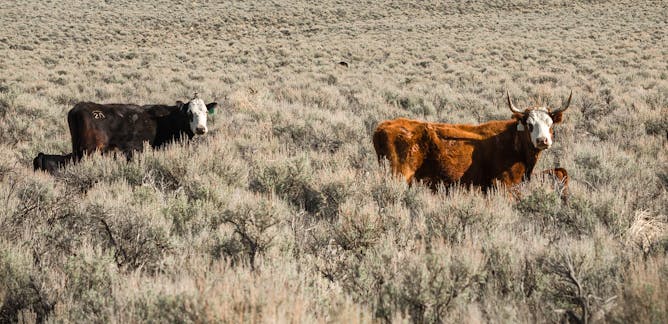
Frank M. Mitloehner, University of California, Davis
Raising livestock has clear impacts on the environment, but contrary to what many critics say, it is not the biggest driver of climate change.
|
|
|
Science + Technology
|

Terrence Sejnowski, University of California San Diego
Artificial intelligence techniques like deep learning and reinforcement learning are getting increasingly advanced and capable of helping people with a wide range of complex tasks.
| |
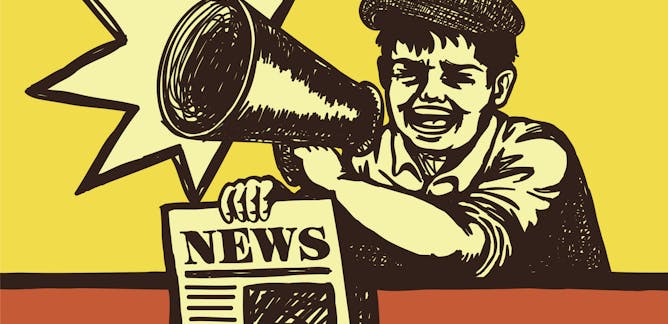
Christopher J. Ferguson, Stetson University
Breathless press releases, over-interpreted meta-analyses and other 'crud factors' mean that weak research results can get overhyped to the public. It's time for a cultural change in the social sciences.
|
|
|
Ethics + Religion
|
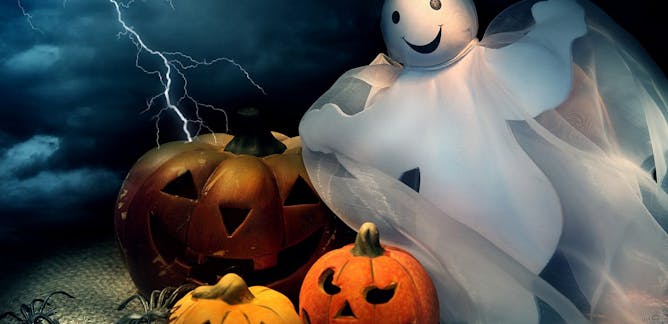
Tok Thompson, University of Southern California – Dornsife College of Letters, Arts and Sciences
Ghost stories are often about the departed seeking justice for an earthly wrong. Their sightings are a reminder that ethics and morality transcend our lives.
| |
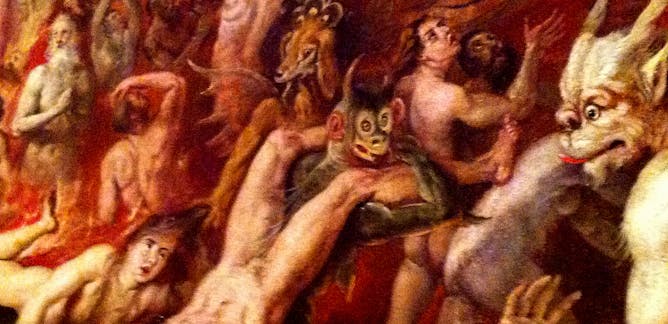
Meghan Henning, University of Dayton
Hell-themed Halloween attractions play on people's fears. The early depictions of hell were meant to use fear as a moral guide to help others.
|
|
|
Arts + Culture
|

That year, the pillars of 1960s pop music released unfocused, confused albums.
Thitkorn Krireuk/Shutterstock.com
Alan Williams, University of Massachusetts Lowell
A few musicians metaphorically took to the streets. But most fled for cover.
|
| |
| |
| |
| |
| |
| |
|
|
|
|
|
|
|